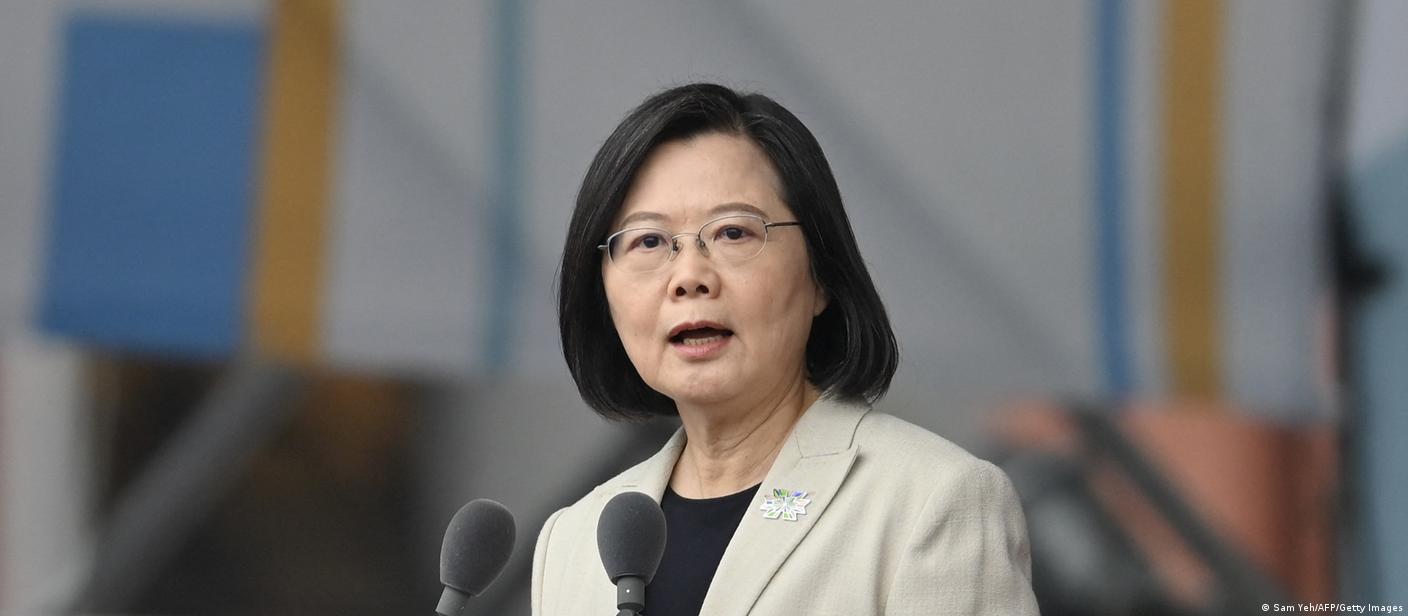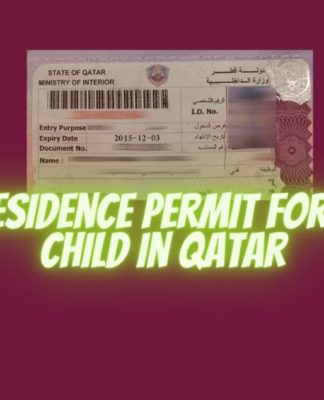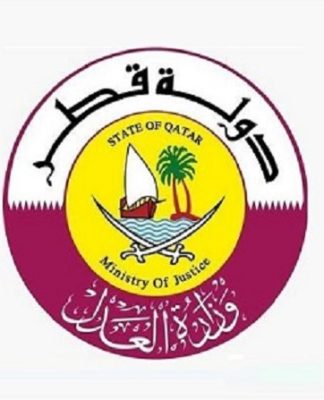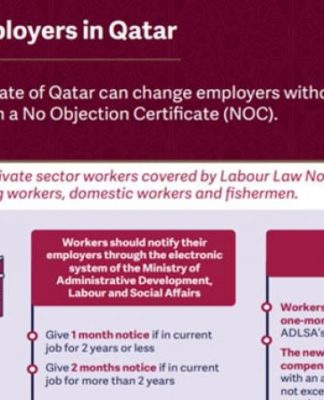POLITICSTAIWAN
Taiwan president resigns as party head after election losses
11/26/2022November 26, 2022
President Tsai Ing-wen has resigned as head of the ruling party after it suffered big losses in local elections. Tsai’s campaign strategy to focus on Taiwan’s defiance of Beijing appears to have backfired.
https://p.dw.com/p/4K7lO
Taiwanese President Tsai Ing-wen resigned Saturday as leader of the ruling Democratic Progressive Party (DPP) after it lost a slew of seats in local elections across the country.
Tsai said in a short speech that she will shoulder the responsibility for the loss of her party’s loss because she chose the candidates who ran in local elections.
“The results failed our expectations. We humbly accept the results and accept the Taiwanese people’s decision,” Tsai said as she offered her resignation. She will stay on as president until the presidential elections in 2024.
Taiwanese were picking their mayors, city council members and other local leaders in all 13 counties and in nine cities. There was also a referendum on lowering the voting age from 20 to 18.
Although the local officials elected have no direct influence on Taiwan’s China policy, Tsai had framed the vote as being about showing defiance toward Beijing. However, the strategy failed to mobilize voters.
The result showed that there were limits to a “resist China and defend Taiwan” electoral message that the ruling party ran on, said DW correspondent in Taipei William Yang
Opposition KMT wins in several cities
The Nationalist Party, or Kuomintang (KMT), claimed victory in 13 of the 21 city mayoral and county chief seats up for grabs, including the capital, Taipei.
Yang said that the sweeping victory of the opposition Nationalist party shows they remain a strong political force at the local level in Taiwan.
Chiang Wan-an, the Nationalist party’s mayoral candidate who won the seat in Taipei, said in his victory speech that he “will let the world see Taipei’s greatness.”
Although the KMT has traditionally favored closer ties with China, it pushes back on claims that it is a pro-Beijing party. During the 2020 presidential elections, the DPP won in a landslide after taking advantage of Beijing’s crackdown in Hong Kong to portray a vote for the KMT as a vote for China.
China launches biggest drills in decades
02:01
China-Taiwan relations take a backseat
Tsai had recast the local elections as being more than a local vote, saying the world was watching how Taiwan defends its democracy amid military tensions with China, which views the self-governing island as part of its territory.
The Nationalist party, on the other hand, mostly avoided campaigning on issues related to China and focused on domestic topics like air pollution in the central city of Taichung and the island’s strategies for purchasing COVID-19 vaccines.
Correspondent Yang said the 2024 race will be decided by a “very different set of factors.”
The bigger issues of relations between China and Taiwan tend to play a far more prominent role in presidential and national elections.
During the local election campaign, there were few mentions of large-scale Chinese military drills earlier in August that were meant to send a stern message to the Taiwanese government for hosting the then-US House Speaker Nancy Pelosi.
Beijing, which is no fan of the DPP, said the election result was a sign that “mainstream public opinion” on Taiwan is for “peace, stability and a good life.”
Beijing said would continue to work with Taiwan’s people to promote “peaceful relations” and firmly “oppose Taiwan’s independence and foreign interference,” China’s Taiwan Affairs Office said in a statement carried by the official Xinhua news agency.
mm,rm/ar,wmr (Reuters, AP)






























